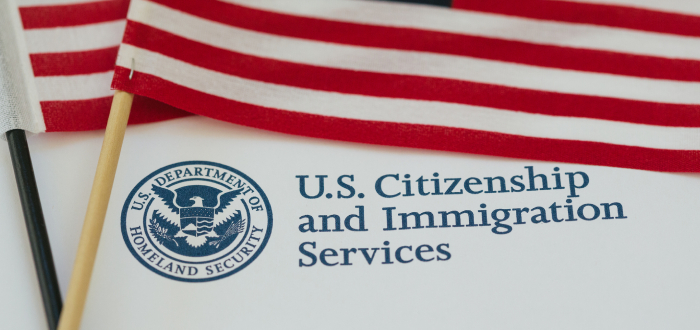On October 2, 2024, U.S. Citizenship and Immigration Services (USCIS) released new guidelines to make the EB-1 Extraordinary Ability visa (E11) process clearer. The changes aim to help applicants understand the kind of evidence they need to prove they have extraordinary ability in their field. This update gives more details on how USCIS will evaluate evidence and makes the process easier for individuals and their legal representatives.
One of the key updates is that USCIS will now count team awards under the category of nationally or internationally recognized prizes. This means that if you contributed to a group award, it can help prove your qualifications. Additionally, past memberships in distinguished organizations will also count towards the membership requirement, making this criteria easier to meet. These changes show that USCIS is adjusting the process to better reflect the way achievements are recognized in different industries.
Another important change is that USCIS has removed the rule that published materials about an applicant must specifically show the value of their work. This makes it easier to submit articles or features that mention the applicant without needing to prove how their work impacts the field directly. USCIS also clarified that only artistic exhibitions will count under the “artistic exhibition” category, helping ensure that evidence is evaluated consistently.
These new guidelines are now in effect and replace any previous instructions on the topic. They make the EB-1 Extraordinary Ability application process clearer and more transparent. For more details, you can check out USCIS’s updated Policy Manual, Volume 6, Part F, Chapter 2. At Rahimi Law Firm P.C., we’re here to guide you through these changes and help you apply for your EB-1 visa successfully.
